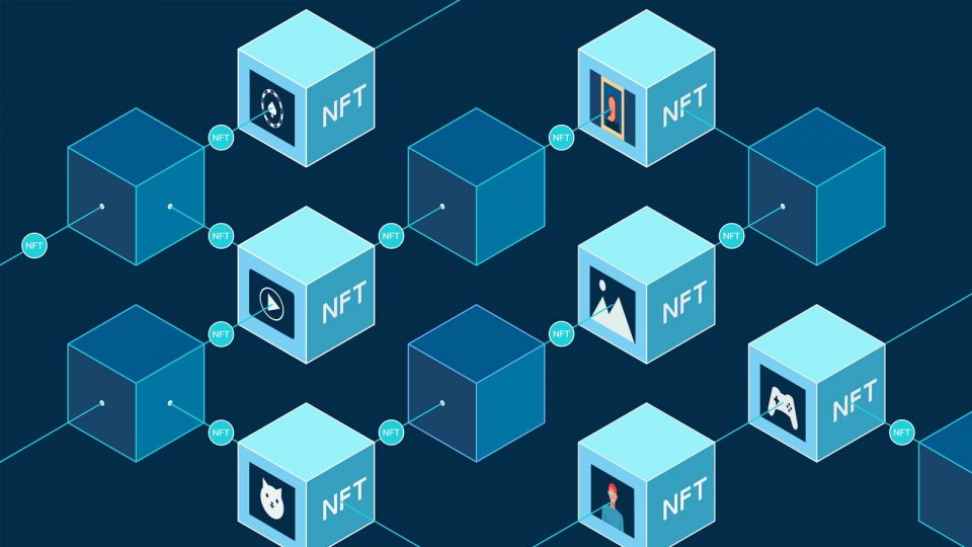Alphaexch247, Kabook Login, VL Book: Blockchain technology is revolutionizing the healthcare industry by offering a secure and transparent platform for storing and sharing sensitive patient data. Traditional methods of data storage are vulnerable to cyberattacks and breaches, putting patient confidentiality at risk. With blockchain, data is stored in encrypted blocks that are linked together, creating an immutable record that cannot be altered without detection. This heightened security reduces the chances of unauthorized access to patients’ personal information, ensuring their privacy is protected.
Moreover, blockchain streamlines data management processes in healthcare by providing a decentralized system that eliminates the need for intermediaries. Through smart contracts and decentralized applications, healthcare providers can securely exchange information in real-time, leading to faster decision-making and improved patient care. By leveraging blockchain technology, healthcare organizations can enhance data integrity, interoperability, and overall efficiency to deliver better outcomes for patients.
The Impact of Blockchain on Data Security in Healthcare
Blockchain technology has revolutionized data security in the healthcare industry by providing a decentralized and tamper-proof system for storing and sharing sensitive information. Through its cryptographic algorithms and consensus mechanisms, blockchain ensures that data remains secure and immutable, reducing the risk of unauthorized access or data breaches. This heightened level of security instills trust among healthcare providers, patients, and other stakeholders, ultimately leading to improved data protection and confidentiality.
Moreover, blockchain enhances data security in healthcare by enabling secure and transparent sharing of information across various healthcare entities. With blockchain, authorized parties can access patient data in real-time without compromising the integrity of the information. This increased transparency not only streamlines data sharing processes but also minimizes the chances of data manipulation or fraud. By leveraging blockchain technology, healthcare organizations can strengthen their data security measures and uphold the privacy rights of patients effectively.
Enhancing Interoperability Through Blockchain in Healthcare
Tigerexch247, GX247, Mglionbet: Blockchain technology has emerged as a promising solution to enhance interoperability in the healthcare sector. By leveraging blockchain’s decentralized and secure nature, healthcare providers can seamlessly access and share patient data across different platforms. This streamlined data exchange process reduces the risk of errors, improves communication between healthcare stakeholders, and ultimately enhances the quality of patient care.
One of the key benefits of utilizing blockchain for interoperability in healthcare is its ability to ensure data integrity and security. The tamper-proof nature of blockchain technology prevents unauthorized access or manipulation of patient information, providing a reliable framework for sharing sensitive data among healthcare providers. By establishing a unified and secure data-sharing network through blockchain, healthcare organizations can improve efficiency, reduce administrative costs, and deliver more coordinated care to patients.
� Blockchain technology offers a decentralized and secure platform for healthcare providers to access and share patient data
� Streamlined data exchange process reduces errors and improves communication between stakeholders
� Enhances the quality of patient care by ensuring accurate and timely information sharing
One of the key advantages of using blockchain for interoperability in healthcare is its ability to maintain data integrity and security.
� The tamper-proof nature of blockchain prevents unauthorized access or manipulation of patient information
� Provides a reliable framework for sharing sensitive data among healthcare providers
� Establishes a unified and secure data-sharing network, improving efficiency, reducing costs, and delivering more coordinated care to patients
What is blockchain technology and why is it important in healthcare?
Blockchain technology is a decentralized, secure, and transparent way of storing and sharing data. In healthcare, it can improve data interoperability, security, and privacy by creating a tamper-proof and immutable record of patient information.
How does blockchain impact data security in healthcare?
Blockchain ensures data security in healthcare by creating encrypted and decentralized ledgers that are resistant to tampering or hacking. This helps in maintaining the integrity and confidentiality of sensitive patient information.
How does blockchain enhance interoperability in healthcare?
Blockchain enhances interoperability in healthcare by enabling seamless sharing of patient data across different healthcare systems and providers. This reduces duplication of efforts, improves care coordination, and ultimately enhances the overall quality of patient care.
What are some potential challenges in implementing blockchain in healthcare?
Some potential challenges in implementing blockchain in healthcare include regulatory compliance, interoperability with existing systems, scalability issues, and the need for standardization of data formats and protocols.
How can healthcare organizations leverage blockchain technology to improve patient outcomes?
Healthcare organizations can leverage blockchain technology to improve patient outcomes by streamlining data exchange, enhancing care coordination, reducing errors, and ensuring the privacy and security of sensitive patient information.
Have A Look :-
- The Best Gaming Keyboard
- How To Unhide Games In Steam
- Top 5 Hottest Games Taking Over The World Of Entertainment


